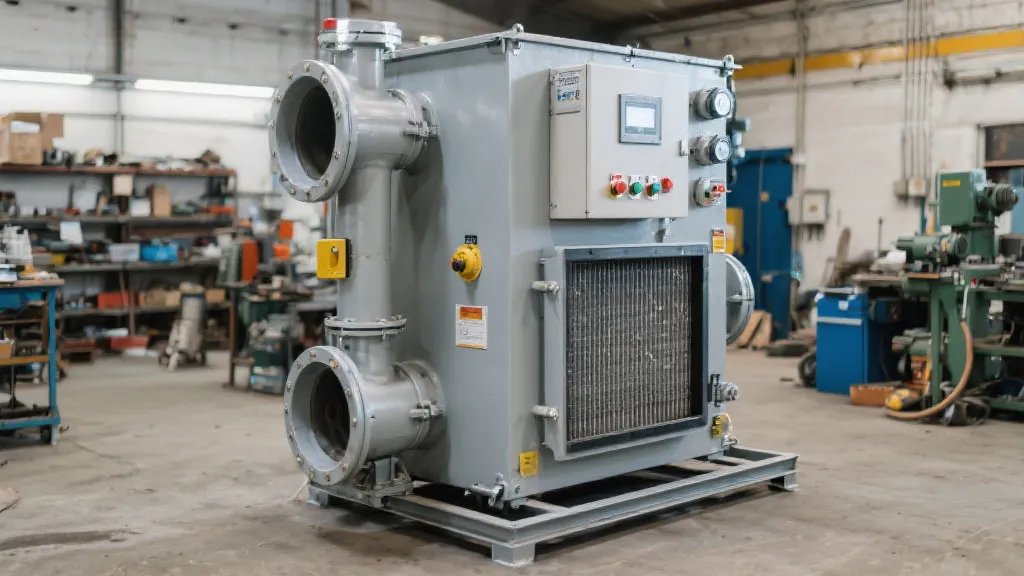Stauff filters are integral components in the field of industrial filtration, offering solutions for hydraulic systems worldwide. Known for their reliability and efficiency, these filters are designed to protect critical machinery and extend equipment lifespan. Such systems are essential in maintaining clean fluid systems, thus preventing contamination and reducing maintenance costs.

In industrial and hydraulic systems, clean fluid operation is crucial to ensure the longevity and efficiency of machinery. Contamination in these systems can lead to wear and tear, system failure, and ultimately costly downtime. Throughout various industries, the dynamics of operation heavily rely on the performance of hydraulic systems, wherein even minute contamination can create significant operational challenges. Enter Stauff filters—a trusted name in filtration systems designed to safeguard operations by maintaining fluid cleanliness.
Stauff filters have long been recognized for their durability and effectiveness in filtering impurities from fluids in hydraulic systems. These filters are engineered to meet the high demands of various industrial sectors, including construction, automotive, marine, and manufacturing. Incorporating advanced technology, they assist in removing particles and water, thereby enhancing fluid performance and reducing operational costs. The design of Stauff filters considers not only the mechanical aspects but also the chemical nature of different fluids, making them highly versatile and robust for diverse applications.
Stauff filters are available in a myriad range of sizes and capacities, catering to different requirements. Common features include:
To achieve the top results from Stauff filters, certain conditions need to be maintained:
| Condition | Requirement |
|---|---|
| Fluid Compatibility | Ensure the fluid being filtered is compatible with filter materials to prevent chemical degradation that can affect filtration efficiency. |
| Working Pressure | Operate within the specified pressure ratings of the filters to avoid system failures or bypassing of unfiltered fluid. |
| Regular Maintenance | Adhere to maintenance schedules for filter element replacements to ensure continuity in filtration performance without degradation. |
| Environmental Considerations | Account for temperature and particulate load conditions that may require different filtering solutions for optimal performance. |
Stauff filters find their utility in a spectrum of applications, including:
Industry experts acclaim Stauff filters for their robust design and high filtration efficiency. These systems are praised for their ease of use and the significant cost savings they offer in fluid maintenance. Critical feedback from users suggests an appreciation for the brand's commitment to product innovation and customer support. Furthermore, many experts highlight the company's dedication to quality assurance in manufacturing processes, ensuring that every filter meets rigorous performance criteria that align with industry standards.
As industries evolve towards smart factories, the integration of industrial filtration with digital technologies becomes paramount. Stauff has pioneered advancements in filtration solutions that not only cleanse but also monitor fluid quality in real-time. This integration allows companies to adopt predictive maintenance strategies, where data from Stauff filter systems can alert operators to potential issues before they escalate into costly failures. With IoT (Internet of Things) applications, real-time flow rates, pressure levels, and filter saturation can be relayed to a central dashboard, enhancing operational transparency and control.
The efficiency of any industrial plant or machinery significantly depends on the cleanliness of its operational fluids. Stauff filters, with their advanced technology, provide a benchmark in fluid contamination control, making them indispensable tools for maintaining efficiency and reducing operational costs. For industries seeking reliable filtration solutions, integrating Stauff products into their system design can ensure a competitive edge in longevity and productivity.
To illustrate the effectiveness of Stauff filters in real-world applications, several case studies highlight how various industries have reaped the benefits of their filtration systems.
In a major construction project involving the excavation of underground facilities, a company faced frequent breakdowns due to hydraulic system failures. Upon integrating Stauff filters into their hydraulic systems, the company noted a 50% reduction in maintenance costs and downtime. Operators reported smoother machinery performance, leading to increased productivity on the job site. Detailed analysis revealed a significant decline in contamination levels in hydraulic fluids, showcasing the efficacy of Stauff filtration systems.
A manufacturing facility producing automotive components struggled with high energy consumption linked to contaminated lubrication oils. After switching to Stauff filtration solutions, the plant experienced a 30% decrease in energy use attributed to improved fluid cleanliness. Additionally, the filters prevented multiple instances of equipment failures, ultimately saving the company over $100,000 in potential downtime and repairs within the first year.
A shipping company operating multiple vessels in a harsh marine environment required robust filtration to ensure uninterrupted hydraulic operation. Implementing Stauff filters increased the vessels' operational reliability, even amidst turbulent conditions. The effective water separation capabilities of the filters ensured that the hydraulic systems remained functional, leading to reduced maintenance intervals and preventing costly repairs caused by water contamination.
As industries continue to evolve, the demand for high-performance filtration systems is expected to rise. The continuous advancements in filtration technology, data analytics, and system integration will propel the efficiency of filtration solutions further. Companies like Stauff are at the forefront of these developments, focusing on research and innovation to address the changing needs of industrial applications. With increasing regulatory pressures regarding fluid management and environmental safeguard, the role of efficient filtration systems will only be enhanced, positioning them as critical components of responsible industrial practices.
In conclusion, Stauff filters represent a core component of industrial fluid management systems, essential for optimizing operations across various sectors. Their design and engineering focus on enhancing machinery protection, reducing costs, and extending equipment lifespans. With advancements in technology facilitating novel applications for these filters, their role is set to become increasingly vital in industrial processes worldwide. From construction and manufacturing to marine operations, Stauff filters ensure the reliability and efficiency vital for maintaining the competitive edge necessary in today’s economic landscape. Integrating Stauff filtration solutions is not merely a practical choice, but strategically beneficial for companies determined to advance their operational effectiveness while committing to sustainability and quality excellence.